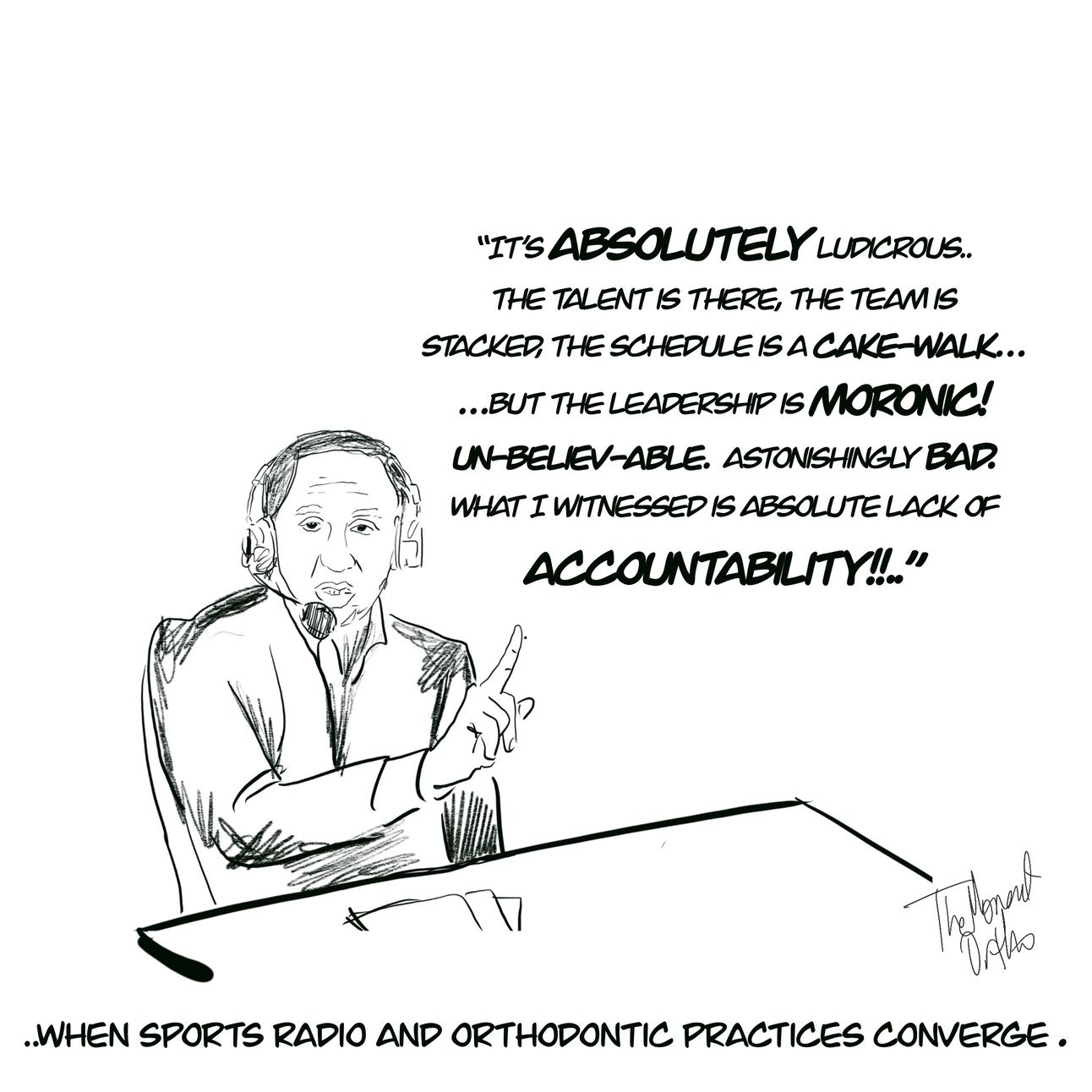- The Moment
- Posts
- The Silicon Valley CEO-Coach
The Silicon Valley CEO-Coach
A Tribe of Mentor Interview with Andy Sparks
Read time: 5 minutes.
At a glance:
Quote:
Picture
What I’ve Learned
The first and paramount responsibility of anyone who manages is to manage themselves. This responsibility is often ignored because it’s incredibly more difficult than prescribing the behavior of others.

What I Learned:
Visualize sitting in a room with your team at a practice retreat.
You ask a question to the group:
“Everyone close your eyes…and let’s point to the person who needs managed the most?”
Where’s your finger pointing…
Andy Sparks is a Silicon Valley-CEO coach.
He’s also an entrepreneur, founder, and self-titled “closet” academic in management. And he‘ll tell you that you don’t need to own the manager title to be a great manager. That’s because you’re always ‘managing’ one person in particular:
You.
Andy and I connected earlier this year - as his best friend is my brother in law. I asked Andy to share his learnings on his executive coaching, his research into management, his business ventures, and why your finger should point back to yourself.
Here are 10 Questions from Andy Sparks, CEO Coach:
1. On Finding Your Personal “Why”
What do you enjoy doing more than having a beer on a Thursday night with friends? …Or something that creeps into your mind that others would describe as ‘work,’ but you enjoy more than binge-watching Netflix? Hidden in your answer is your stroke of genius to share with the world.
2. What He’d Put on A Billboard:
“Research shows that replacing someone costs 15x that person’s salary.”
One of the most expensive and biggest failures in business is the failure of a hiring decision. People undervalue its actual cost- time, effort, culture, and salary. Many think it’s a $45,000 salary, so it’s a $45,000 loss if it doesn’t work out. The reality is it’s $450,000. People don’t put the same effort into hiring as they should.
3. On His Favorite Quote:
“The first and paramount responsibility to anyone who manages is to manage self. It’s ignored because it’s incredibly more difficult than prescribing the behavior of others.” -Dee Ward Hock (Founder of Visa)
People think of managing and ‘managing’ down. Yet, in my experience, it’s managing self …and it’s skipped.
4. On His Favorite Book:
The Great CEO Within. It's a super practical, tactical book to transition from a player on the team to the guy who’s the manager on the team—hiring, how to run great meetings, the works. All in one book.
5. On Common Struggles :
A company is organizing people and things to solve problems for other people. To manage people, you must learn how people work, including yourself. That’s incredibly important.
6. On Your ‘Current’ Predicament:
Whatever you’re struggling with…there’s always a significant section of a book or article that’s been written specifically for you.
7. On Making Systems Work:
Get your business in a state that works for the people who run the business… and those working in the business. It’s never an ‘or’ statement. It’s an ‘and’ statement.
8. On The IKEA effect:
If you build something yourself, you overvalue it. The same thing happens when you hire someone. Once you hire someone, you overvalue that person. You overvalue that product. Sunk-cost fallacy. It makes it hard for you to admit a mistake. All kinds of weird cognitive biases go into you, thinking it’s worth more. Be careful of that when assessing your decisions.
9. On the Best $100 Investment You Can Buy?
Buy a new book every month. Books are incredible value for your money. Someone who wrote a book probably spent a couple thousand hours of their life for something you could buy for a sandwich and a beer. A book is an immense act of generosity.
10. What is a Successful Manager Doing…?
…They are listening. Listening to yourself, your team, and your patients. Managers also bring compassion. We could all do with a bit more compassion. Compassion with ourselves and the people doing work on our teams. It’s hard. It’s hard to run a business. We’re hard on ourselves and our team. If we could be more curious instead of being so quick to blame…those are the actions I see in a successful manager.
I encourage anyone interested in becoming a better manager of themselves or others to follow Andy here.
Encourage the orthodontist to manage themself…first.